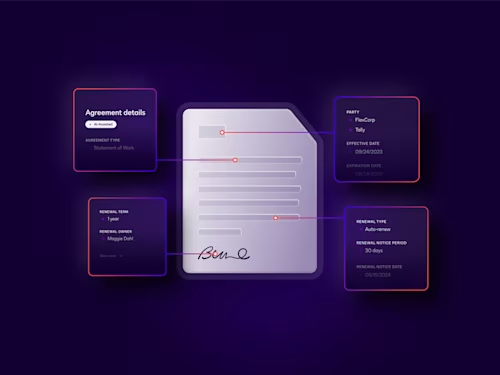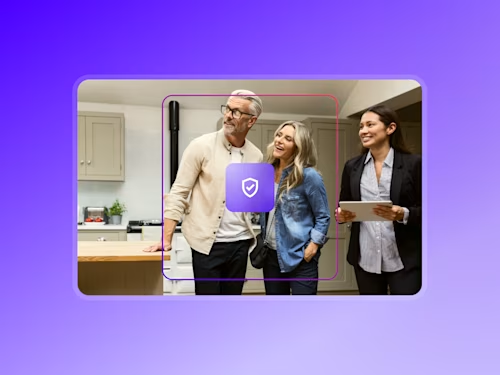
Cybersecurity Tips to Keep You Safe Online
Sharing advice imparted to us by Dr. Heather Lipford, professor of software and information systems at UNC Charlotte, as part of Trust Awareness Month 2022.
Table of contents

Americans were hit by a record number of cybercrimes last year, with the Federal Bureau of Investigation receiving more than 840,000 complaints ranging from romance scams to personal data breaches. The number of people being victimized by such crimes is only expected to grow as online schemes become more sophisticated and difficult to detect. Fortunately, there are a number of measures Internet users can take to protect their private and professional data from bad actors.
In this blog, we’ll share some advice imparted to us by Dr. Heather Lipford, professor of software and information systems at UNC Charlotte as part of our internal Trust Awareness Month 2022 activities.
Safe browsing habits
With more than 85 percent of Americans logging onto the Internet every day–and 31 percent are nearly always online during the waking hours–the opportunity is ripe for criminals seeking to trick users into submitting personal data or payment information. That’s why privacy habits should be part of your everyday routine.
Check the website for a padlock symbol at the left hand side of the address bar. It should definitely be there, but remain cautious as many phishing sites also include this lock so it is not enough to indicate safety.
If you’re unsure about whether the page is legitimate, open a new browser window and find the official web page of the company you’re trying to visit using the top results in search.
Also take a moment to ensure there are no typos on the sites you’re visiting. If you’ve made a slight mistake on your bank’s website, it could take you to a fraudulent website that thrives off such errors.
Social media safety
About 70 percent of Americans are using social media to connect with friends and relatives, be apprised of neighborhood happenings and remain informed about current events. They’re also using it professionally on sites such as LinkedIn to connect with colleagues and explore job opportunities.
For all the good social media does in our day-to-day lives, it can also be harmful under the wrong circumstances. It’s important to set boundaries online so that we aren’t oversharing information that can be used for malicious purposes by cybercriminals.
Check the privacy settings on your social media accounts to ensure the private information you could be sharing is restricted to trusted or limited connections
You can further restrict your posts on Facebook so that the information you share is only visible to close friends and family
Consider using different social media channels for different purposes; you might use LinkedIn for colleagues and former classmates, and Instagram for sharing photos of your children with relatives
Self-censor content before sharing; the information you post online has the potential to live there in perpetuity
Ask for permission before posting a photo of a co-worker, friend or any children under 18
Don’t use your social media profile to log into third-party apps; by using your Facebook account to log into a new application or account, your information could become compromised if either account gets hacked. Instead, always create a new login for each new account.
Beware of fake messages from people impersonating contacts or messaging you through hacked accounts. Always err on the side of caution if something feels off about their correspondence.
If you’re on vacation, avoid sharing details during your trip and instead post them after you’ve returned home. That ensures that you haven’t broadcasted that your home may be empty, nor have you tipped bad actors off that it might be a good time to send you a malicious email.
Read the fine print
When you sign up for a new online account, make sure to read the terms of agreement to understand what information could be shared with third parties. Settings are adjusted all the time, so make a habit of reviewing privacy settings regularly to ensure you’re up to speed with any changes.
Password control
Avoid using the same password for different accounts. This tried-and-true advice might seem obvious, but studies have shown that the majority of Internet users are continuing to use easily hackable passwords. Whenever possible, enable multi-factor authentication as an extra precaution.
Aside from ensuring your password is unique and contains special characters, you can also use online password generators that bring the complexity to another level. Using a password manager, either 3rd party or built-in the browser, can also help you generate passwords without needing to actually remember them.
Our role
At Docusign, we research trends so that we can protect our customers from the persistent and ever-growing threat of phishing and other forms of cyberattack. We’re also continually developing new tools and automated processes for the detection of threats, such as Pescatore, a unique URL classification system.
Read more about how we’re working to keep our customers secure.
Related posts
Docusign IAM is the agreement platform your business needs


